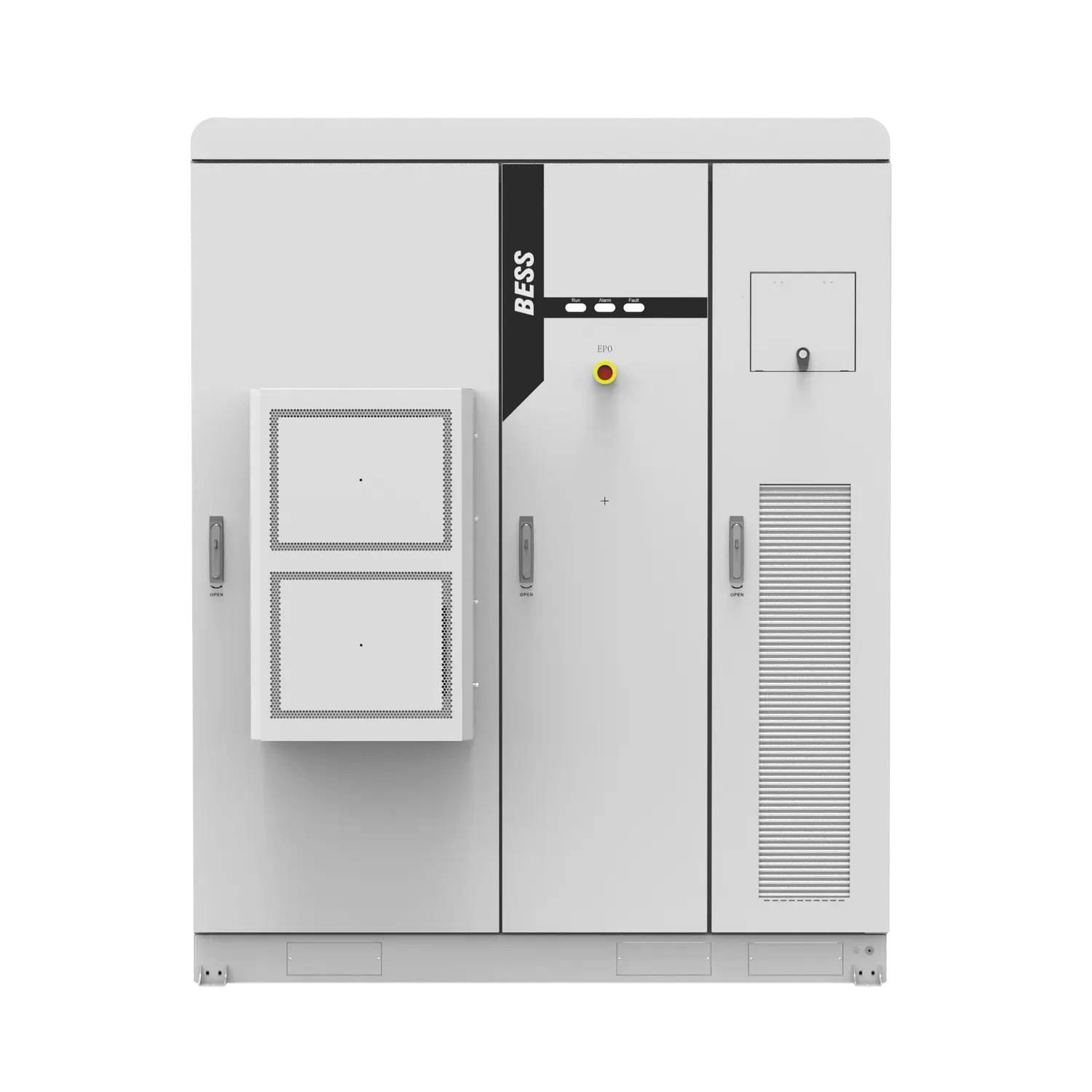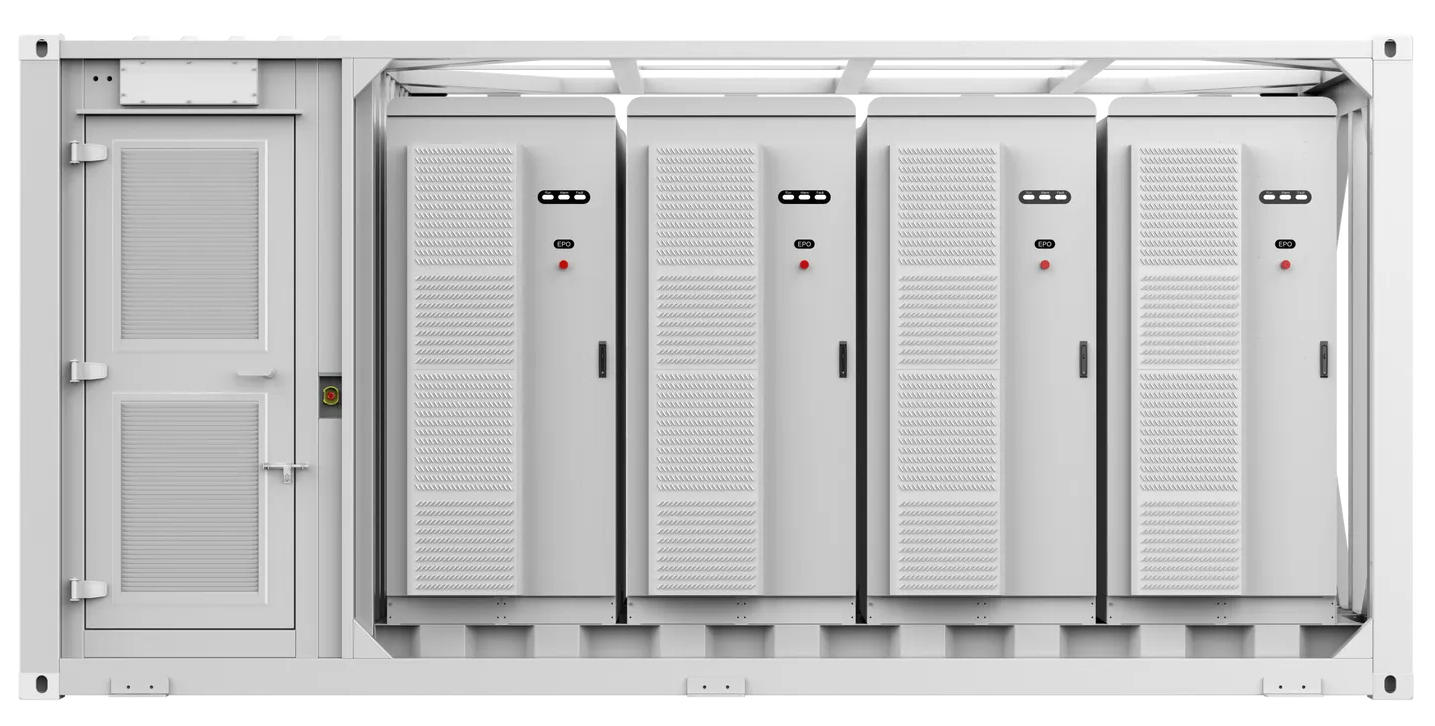
Inquiry
Battery Energy Storage vs Traditional Backup Power: Key Considerations for Businesses
In today’s rapidly changing energy landscape, businesses face increasing pressure to maintain efficiency, reliability, and cost control. Power outages, rising energy costs, and demand fluctuations can directly impact operations and profitability. For many companies, the question is no longer whether backup power is necessary, but rather which solution is best: battery energy storage or traditional backup power?
While traditional solutions like diesel generators and lead-acid UPS systems have long been the go-to for backup, Battery Energy Storage Systems (BESS) are emerging as a game-changer for commercial and industrial applications. In this article, we’ll explore the key differences between the two approaches, their benefits and limitations, and what businesses should consider when choosing between commercial battery storage and industrial UPS battery backup.
Understanding Traditional Backup Power
Traditional backup systems typically rely on diesel generators or lead-acid UPS batteries. They are designed to provide short-term support during outages, ensuring that equipment continues running until power is restored.
Advantages of Traditional Backup
- Proven technology: Generators and lead-acid UPS have been around for decades, providing reliability in critical moments.
- Immediate response: When grid power fails, these systems kick in quickly to keep essential loads operational.
- Familiar infrastructure: Many facilities already have these systems in place, making upgrades straightforward.
Limitations of Traditional Backup
However, traditional systems are not without their challenges:
- High operating costs due to frequent fuel consumption and maintenance.
- Environmental concerns related to emissions and noise from diesel generators.
- Limited flexibility in optimizing energy use during peak demand.
For businesses that want more than just emergency backup, these systems often fall short.
What is Battery Energy Storage?
Battery Energy Storage Systems (BESS) use advanced lithium-ion batteries to store electricity, which can then be discharged when needed. Beyond just emergency backup, these systems enable businesses to optimize energy usage, reduce costs, and improve resilience.
Advantages of Battery Energy Storage
- Cost savings: By shifting energy use away from peak demand periods, companies can reduce energy bills by up to 30%.
- Scalability: Commercial battery storage solutions can be customized to fit small enterprises or large industrial sites.
- Sustainability: Unlike generators, BESS helps businesses cut carbon emissions and align with green energy goals.
- Multi-functionality: Systems provide not only backup but also peak shaving, load shifting, and renewable energy integration.
Limitations of Battery Energy Storage
- Upfront investment: Initial costs are higher than traditional backup systems, though long-term savings often offset this.
- Battery lifecycle: Like all batteries, lithium-ion units degrade over time, requiring careful management and eventual replacement.
ACE Solutions: C&I-EnerBlock and C&I-EnerCube
At ACE, we deliver commercial and industrial energy storage systems that are tailored to diverse business needs.
C&I-EnerBlock: Outdoor C&I Battery Energy Storage System
Perfect for commercial building battery backup, the EnerBlock offers a compact, outdoor-ready design. It ensures seamless commercial backup power during outages while also helping businesses cut costs by reducing peak demand charges.
C&I-EnerCube: Containerized C&I Energy Storage System
The EnerCube provides a scalable, containerized solution for larger enterprises. It supports industrial UPS battery backup for factories, logistics hubs, or microgrids, delivering powerful resilience with modular flexibility.
Together, these solutions highlight why ACE stands apart from other industrial power backup companies — by delivering high-performance, customized commercial power backup systems that adapt to the future of energy.
Comparing Battery Energy Storage and Traditional Backup Power
When businesses evaluate their options, the comparison usually comes down to three main factors: cost, reliability, and functionality.
1. Cost
Traditional backup systems may seem more affordable initially, but recurring expenses like fuel, repairs, and compliance add up. In contrast, commercial battery storage demands higher upfront costs but offers long-term ROI through energy savings and lower maintenance.
2. Reliability
Both solutions provide reliable emergency backup, but BESS has the edge when it comes to providing seamless, silent, and clean energy. Traditional generators can fail if fuel supplies run low or mechanical issues arise.
3. Functionality
Traditional backup is limited to outage support. Battery Energy Storage Systems deliver more versatile benefits, including demand charge reduction, renewable integration, and grid services—features increasingly valuable for modern businesses.
Key Considerations for Businesses Choosing Between the Two
Business Size and Power Needs
A small enterprise may still find value in a traditional UPS, while larger facilities—such as factories, microgrids, or data centers—can unlock more value from industrial UPS battery backup or scalable BESS.
Energy Cost Management
If reducing operational expenses is a priority, battery backup for commercial buildings offers significant cost advantages by lowering peak demand charges.
Sustainability Goals
For companies committed to ESG initiatives, battery energy storage is the clear choice. It supports renewable energy adoption and reduces reliance on fossil fuels.
Resilience and Risk Tolerance
Industries with zero tolerance for downtime, such as healthcare, IT rooms, or manufacturing, need solutions that deliver both reliability and flexibility. In these cases, BESS provides additional layers of resilience compared to traditional systems.
The Future of Commercial Battery Storage
As technology advances, commercial battery storage is becoming more affordable, more reliable, and more adaptable to diverse business needs. With increasing emphasis on battery backup for commercial building sustainability, governments and corporations are investing heavily in BESS solutions.
Future trends include:
- Wider adoption of industrial UPS battery backup with lithium-ion batteries
- Integration with renewable energy for net-zero commercial buildings
- AI-driven smart grid systems for predictive energy management
Conclusion
The choice between battery energy storage vs traditional backup power is not just about technology—it’s about strategy. For businesses focused on resilience, cost savings, and sustainability, commercial battery storage and industrial UPS battery backup present clear advantages over older, fuel-dependent systems. By carefully assessing energy needs, growth plans, and operational risks, businesses can select the right solution to safeguard their future.
At ACE Battery, we empower businesses with tailored commercial battery storage and industrial backup power systems that guarantee resilience in a rapidly changing energy landscape. As one of the most trusted industrial power backup companies, ACE delivers more than products — we deliver peace of mind, efficiency, and a sustainable energy future. Backed by our expertise as an ODM expert, our lithium batteries are engineered for maximum efficiency, safety, and durability to meet the diverse demands of solar energy systems, residential power, and industrial storage.
Our expert will reach you out if you have any questions!


